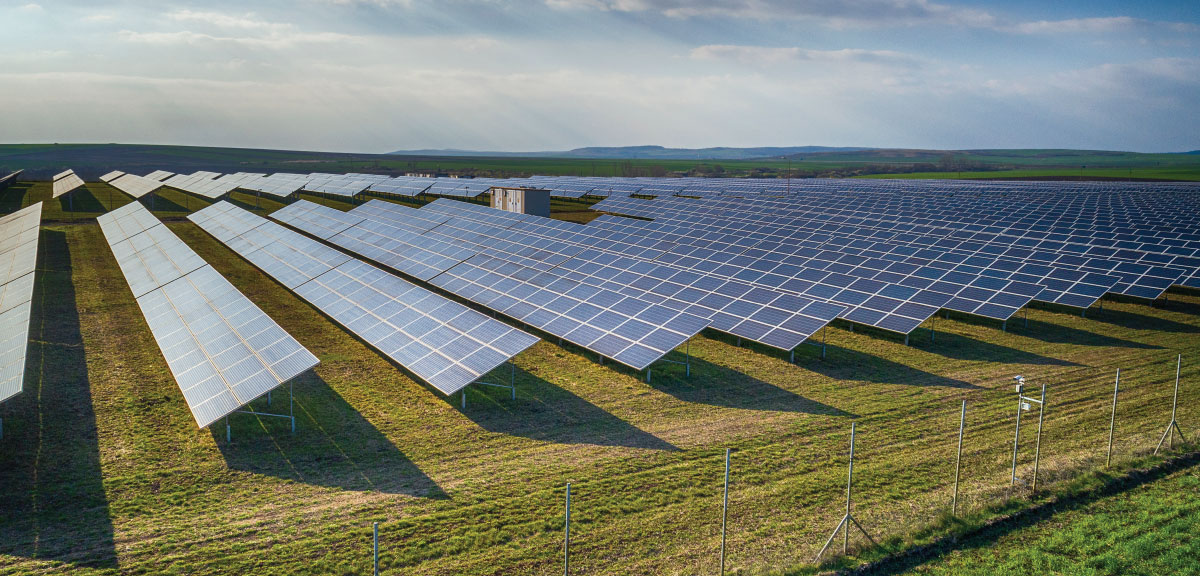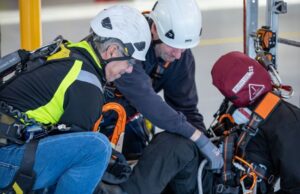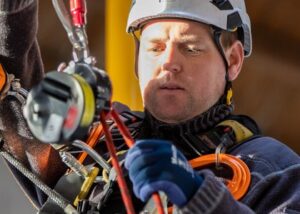As the solar energy sector experiences rapid growth, the demand for skilled field technicians has surged. These professionals are essential for the installation, maintenance, and troubleshooting of utility-scale solar farms, ensuring optimal performance and safety. Comprehensive solar training is crucial to equip technicians with the necessary skills and knowledge to excel in this dynamic field.
The Role of a Utility-Scale Solar Field Technician
Utility-scale solar field technicians are responsible for a range of tasks, including:
Installation: Setting up photovoltaic (PV) panels, inverters, and other system components.
Maintenance: Performing routine inspections, cleaning panels, and ensuring all equipment functions correctly.
Troubleshooting: Diagnosing and repairing system issues to minimize downtime.
Safety Compliance: Adhering to safety protocols to protect themselves and the integrity of the solar farm.
Given the complexity and scale of these systems, technicians must be well-versed in electrical systems, safety procedures, and the latest industry standards.
Essential Training for Solar Field Technicians
Proper training is vital for technicians to perform their duties effectively and safely. Key training areas include:
Basic Safety Courses:
First Aid: Equips technicians to respond to medical emergencies on-site.
Fire Awareness: Teaches fire prevention and response techniques.
Ergonomics Awareness: Focuses on safe work practices to prevent musculoskeletal injuries.
Electrical Safety:
Qualified Electrical Worker (QEW) to NFPA 70E: Covers low and high voltage safety, arc flash risk analysis, and proper use of personal protective equipment (PPE).
BOP Substation & PMT Switching: Provides knowledge on substation operations, switching procedures, and maintenance.
Custom Courses:
Tailored training programs developed in collaboration with organizations to meet specific operational needs and standards.
Safety Technology USA (STL USA) offers a comprehensive suite of these courses, designed to prepare technicians for the challenges of utility-scale solar operations.
The Importance of Electrical Safety Training
Working with high-voltage equipment presents inherent risks. Electrical safety training is crucial to prevent accidents and ensure compliance with industry regulations. Technicians trained in NFPA 70E standards are better equipped to:
- Identify and mitigate electrical hazards.
- Implement lockout/tagout (LOTO) procedures effectively.
- Respond appropriately to electrical emergencies.
STL USA’s QEW NFPA 70E course provides hands-on experience in these areas, ensuring technicians can work safely with both live and de-energized systems.
Customized Training Programs
Recognizing that each organization has unique needs, STL USA collaborates with in-house teams to develop bespoke training solutions. This approach ensures that training aligns with specific operational procedures and standards, leading to:
- Clear development pathways for technicians.
- Enhanced operational efficiency.
- Improved safety outcomes.
Customized programs may include technician assessments, course development, and ongoing evaluation to foster continuous improvement.
The Growing Demand for Skilled Technicians
The U.S. solar industry is experiencing unprecedented growth, driven by significant tax incentives and a push for renewable energy. In 2023, over 40 GW of solar capacity was installed, yet the industry faces challenges due to labor shortages. A report by Wood Mackenzie and the Solar Energy Industries Association (SEIA) highlights that while the sector employed approximately 279,447 workers—a 5.9% increase from 2022—this is still far below the 48% labor growth needed by 2033. Labor shortages are particularly severe in project management, engineering, and technical roles, impacting costs and project timelines. National average solar labor costs rose by 43% from 2021 to 2023. In response, companies and the government are enhancing apprenticeship programs, with initiatives supporting diversity and training for climate-related jobs. Despite these efforts, it will take time for labor initiatives to mitigate current shortages, potentially alleviated by new technologies and robotic automation in the future.
Conclusion
As the solar industry continues its rapid expansion, the role of utility-scale solar field technicians becomes increasingly vital. Comprehensive solar training programs, such as those offered by STL USA, are essential to equip these professionals with the skills and knowledge needed to ensure safety, efficiency, and the successful operation of solar farms. Investing in such training not only enhances individual competencies but also contributes to the overall growth and sustainability of the renewable energy sector.
Want to learn more about our solar training programs?
Click the button and get in touch




